Code
HCS26960
Weight
27 gm / 0.06 lbs
Size
Height
6cm (2") Width
6cm (2") Material
Brass
Availability
Available

Safe Payment
We accept Paypal, Money Transfer, Bank Transfer
Confidence
Protection covers your purchase and personal data.
Worldwide Delivery
We ship Worldwide, except Russia.Shipping cost US$25.2 for upto 0.5 kgs

Hotline
Talk to help line for your question on 9841267335Dharmachakra : About Dharma Chakra
The Dharma Chakra (Sanskrit: Dharma Chakra Pali: dhammacakka, "Wheel of Dharma") is a widespread symbol used in Indian religions such as Hinduism, Jainism and Buddhism. In Buddhism, the Dharma Chakra is widely used to represent the Buddha's Dharma (Buddha's teaching and the universal moral order), Gautama Buddha himself and the walking of the path to enlightenment, since the time of Early Buddhism.] The symbol is also sometimes connected to the Four Noble Truths, the Noble Eightfold Path and Dependent Origination.
Historically, the dharmachakra was often used as a decoration in Hindu and Buddhist temples, statues and inscriptions, beginning with the earliest period of Indian Buddhism to the present. It remains a major symbol of the Hindu and Buddhist religions today.
The Dharma Chakra (Sanskrit: Dharma Chakra Pali: dhammacakka, "Wheel of Dharma") is a widespread symbol used in Indian religions such as Hinduism, Jainism and Buddhism. In Buddhism, the Dharma Chakra is widely used to represent the Buddha's Dharma (Buddha's teaching and the universal moral order), Gautama Buddha himself and the walking of the path to enlightenment, since the time of Early Buddhism.] The symbol is also sometimes connected to the Four Noble Truths, the Noble Eightfold Path and Dependent Origination.
Historically, the dharmachakra was often used as a decoration in Hindu and Buddhist temples, statues and inscriptions, beginning with the earliest period of Indian Buddhism to the present. It remains a major symbol of the Hindu and Buddhist religions today.
About Metal Pendant :
A Nepali metal pendant is a traditional piece of jewelry that is crafted in Nepal using traditional techniques and materials. The pendant is typically made of metal, such as brass or silver, and is intricately designed and embellished with cultural motifs and symbols.
The design of the pendant may be inspired by Nepali culture and symbolism, with patterns and motifs that represent different aspects of Nepali life, such as nature, religion, or social customs. These designs may be created using traditional techniques, such as etching, stamping, or engraving, and may be further embellished with beads, gems, or other decorative elements.
The design of the pendant may be inspired by Nepali culture and symbolism, with patterns and motifs that represent different aspects of Nepali life, such as nature, religion, or social customs. These designs may be created using traditional techniques, such as etching, stamping, or engraving, and may be further embellished with beads, gems, or other decorative elements.
The pendant may be worn on a chain or cord around the neck, and is often used as a statement piece or as a talisman to protect the wearer from negative energies or evil spirits. It is also commonly given as a gift to family members or friends, particularly on special occasions, such as weddings or religious ceremonies.
Overall, a Nepali metal pendant is a beautiful and unique piece of jewelry that represents the rich cultural heritage of Nepal and the skill and artistry of its craftsmen. It is a treasured possession that carries deep meaning and significance for those who wear it or receive it as a gift.
Overall, a Nepali metal pendant is a beautiful and unique piece of jewelry that represents the rich cultural heritage of Nepal and the skill and artistry of its craftsmen. It is a treasured possession that carries deep meaning and significance for those who wear it or receive it as a gift.



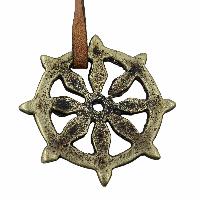

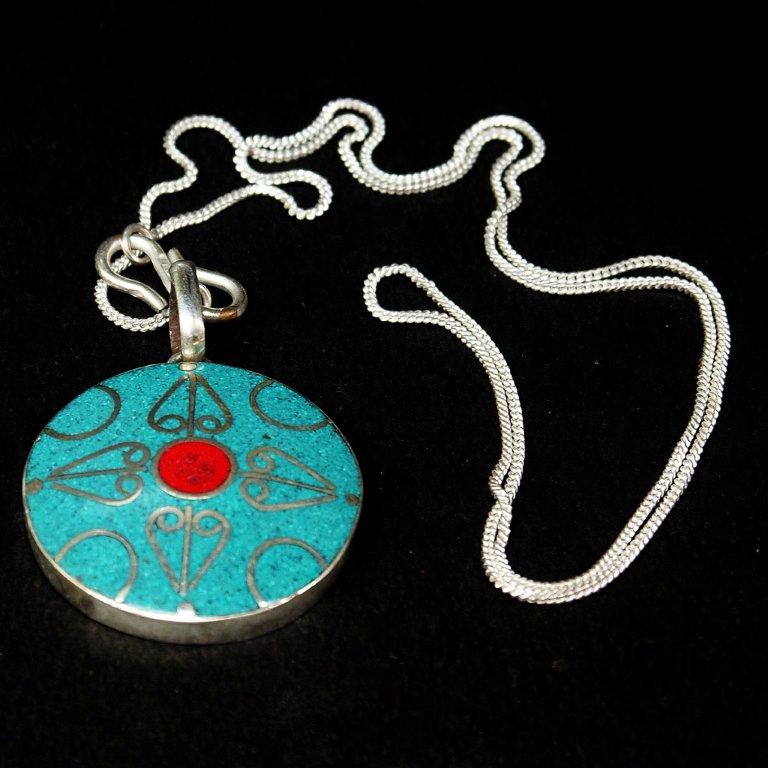 with Turquoise" title="Double Dorje Locket Pendant
with Turquoise" title="Double Dorje Locket Pendant  with Stone Setting" title="White Om Metal Pendant
with Stone Setting" title="White Om Metal Pendant 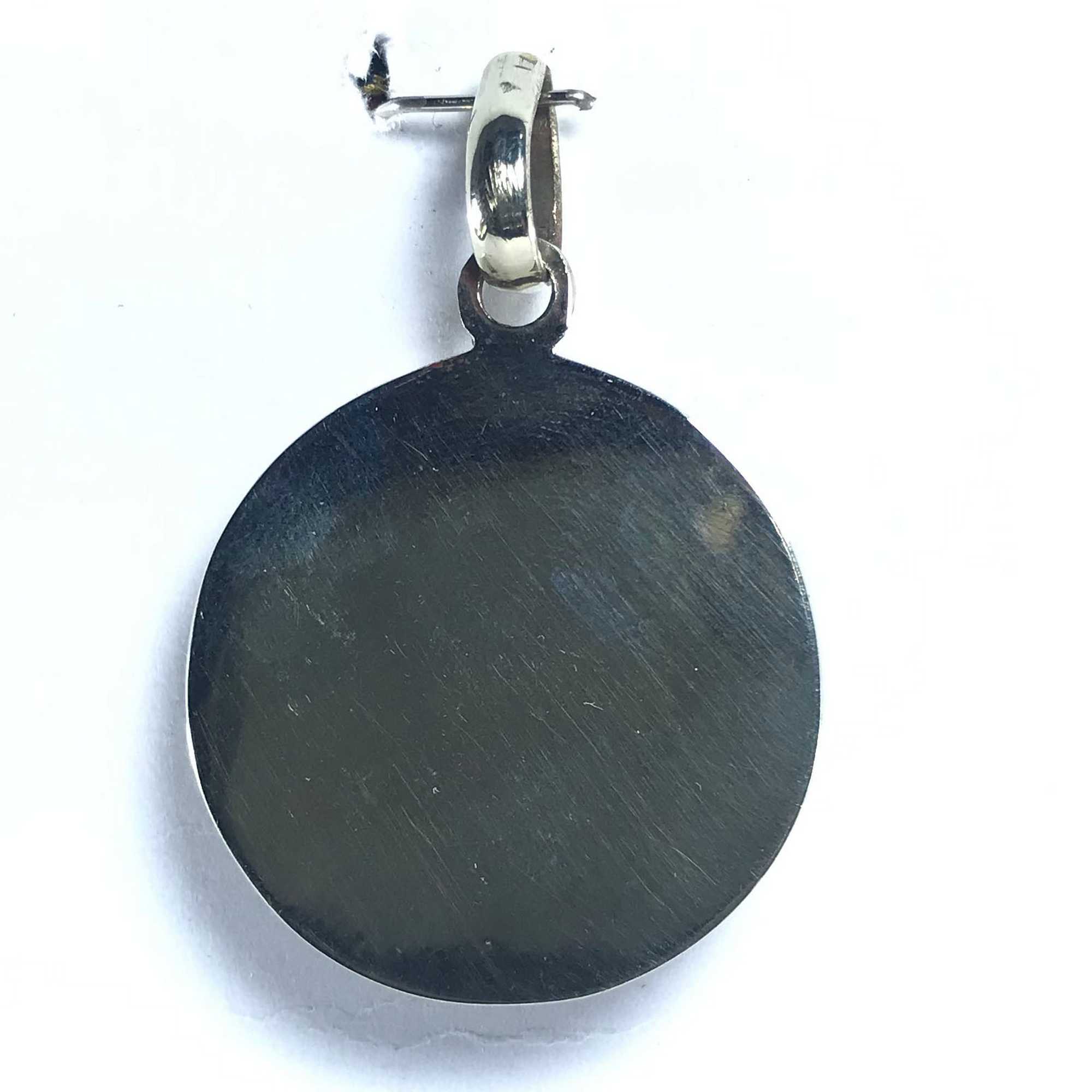 with Stone Setting" title="White Om Metal Pendant
with Stone Setting" title="White Om Metal Pendant 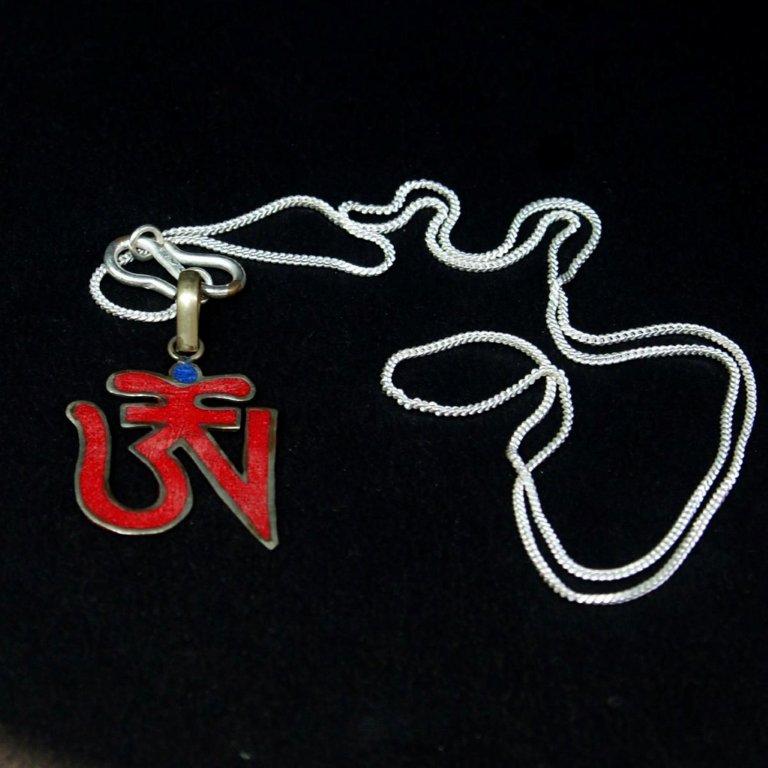 with Coral" title="Tibetan Om Locket Pendant
with Coral" title="Tibetan Om Locket Pendant 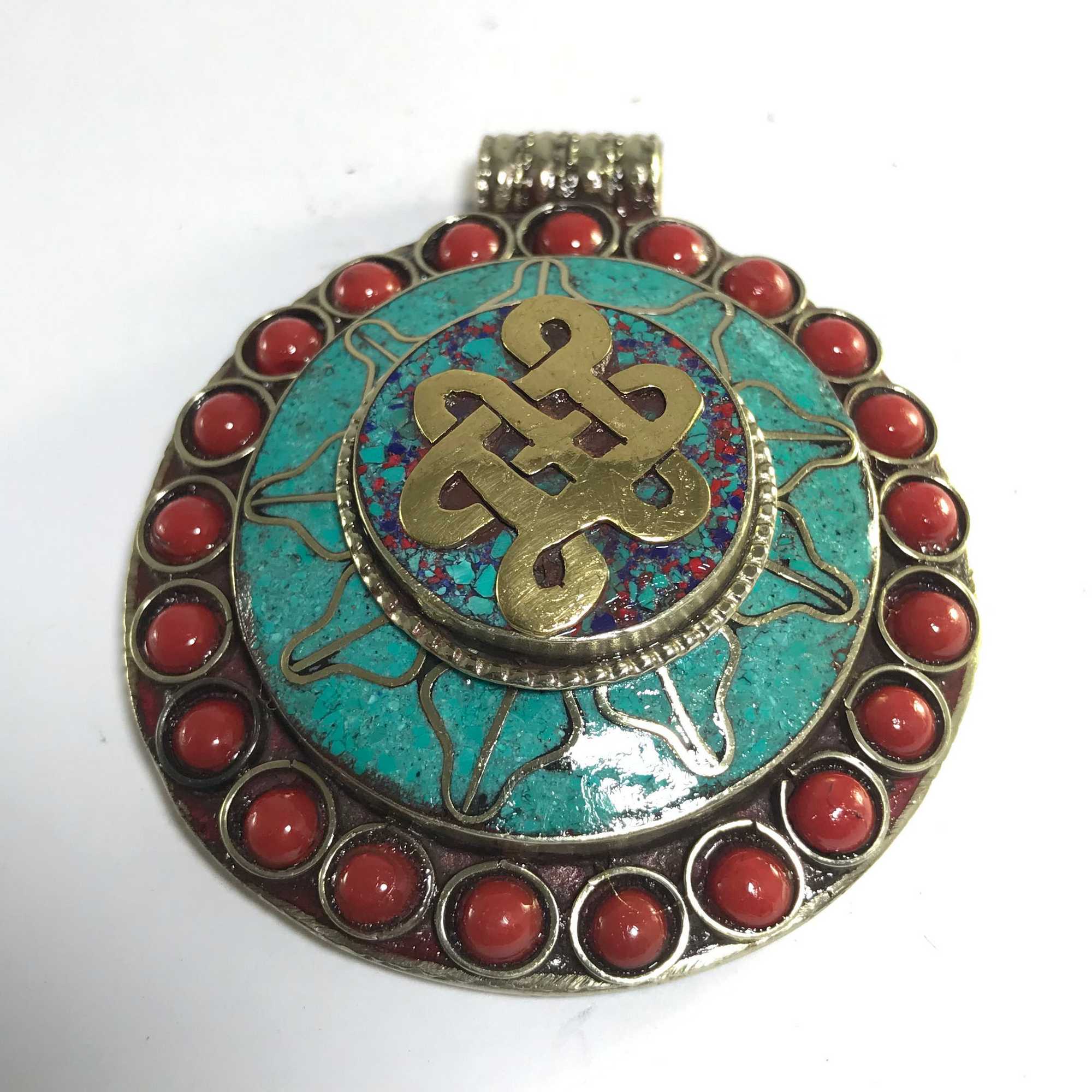 with Stone Setting" title="White Metal Endless Knot L Pendant
with Stone Setting" title="White Metal Endless Knot L Pendant 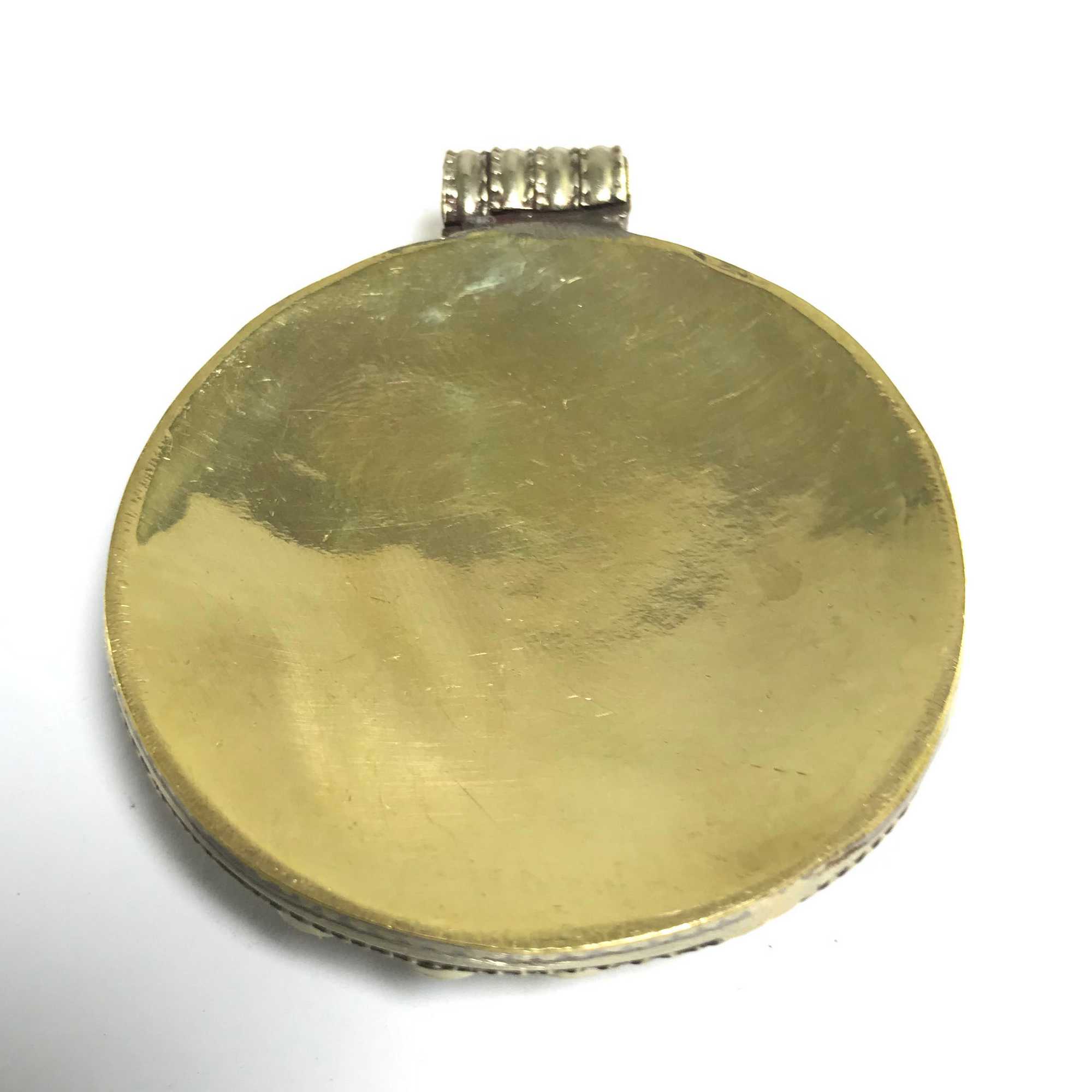 with Stone Setting" title="White Metal Endless Knot L Pendant
with Stone Setting" title="White Metal Endless Knot L Pendant 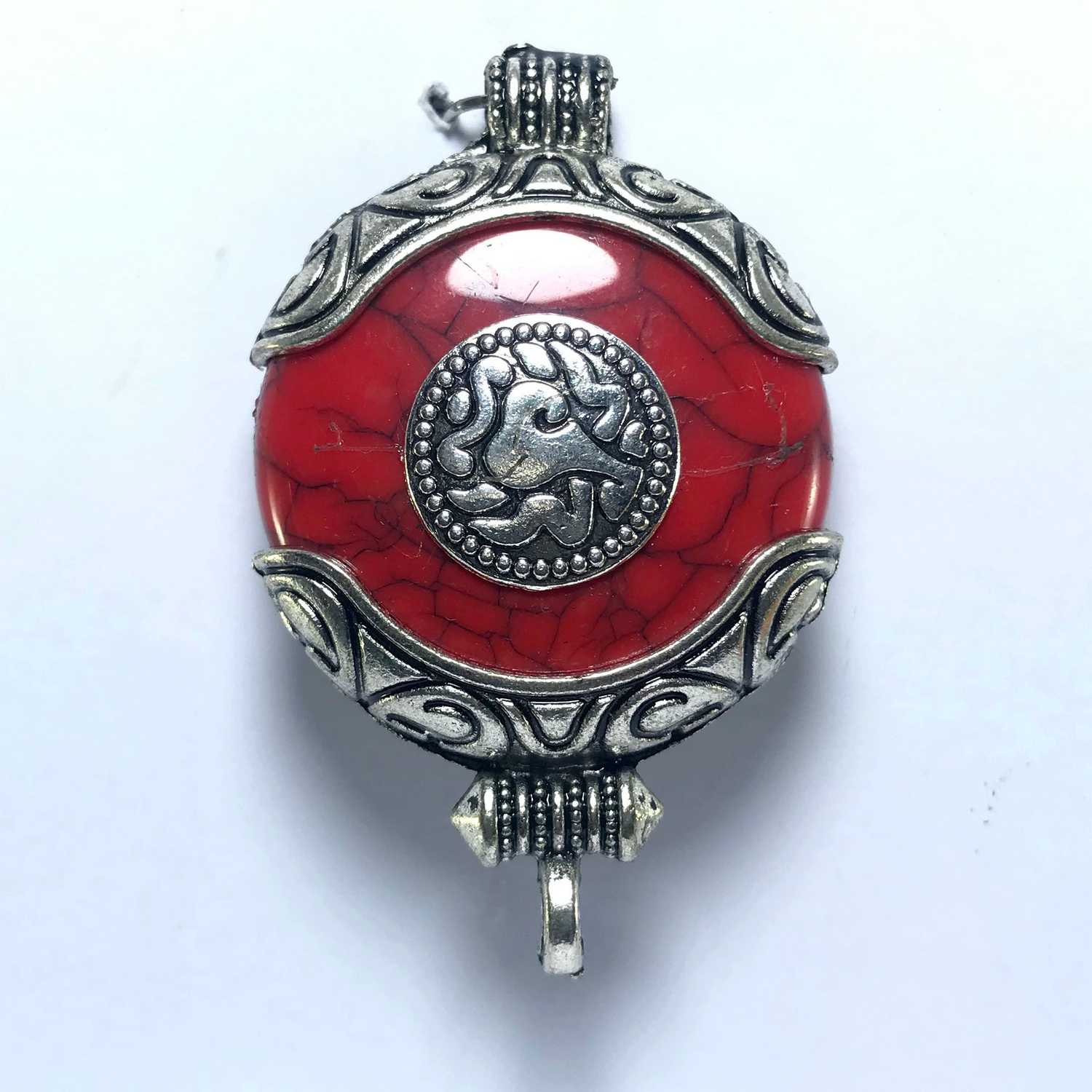 with
with 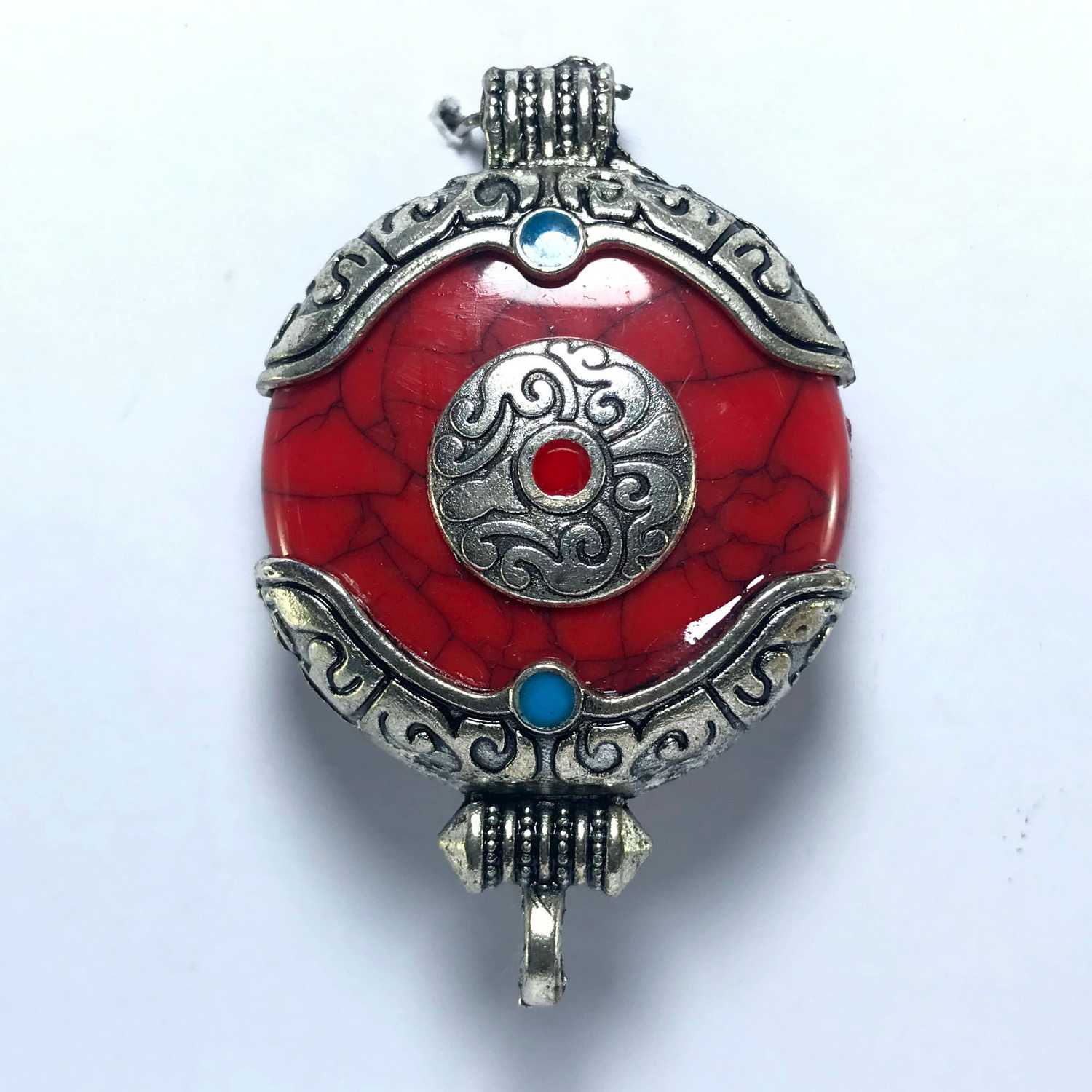 with
with 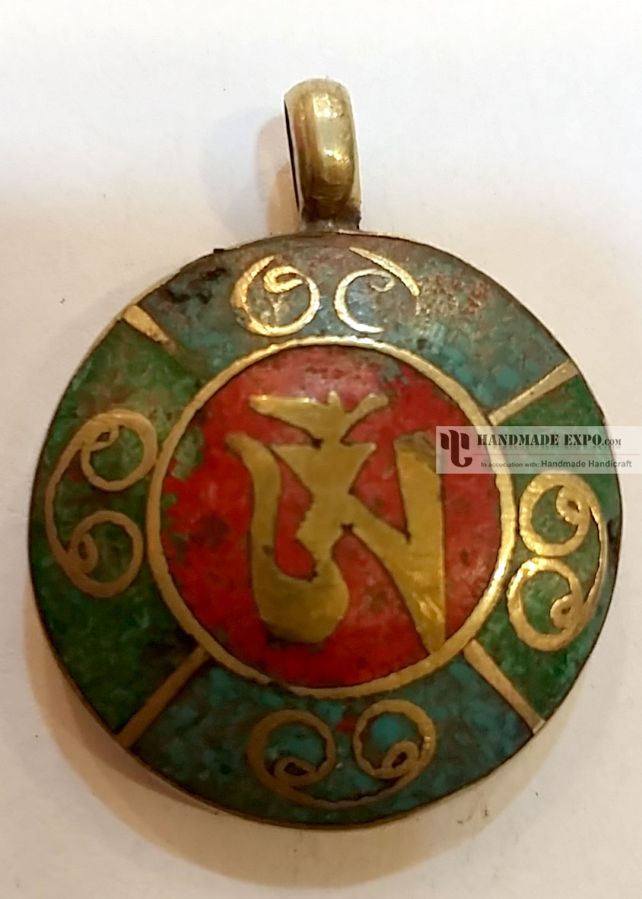

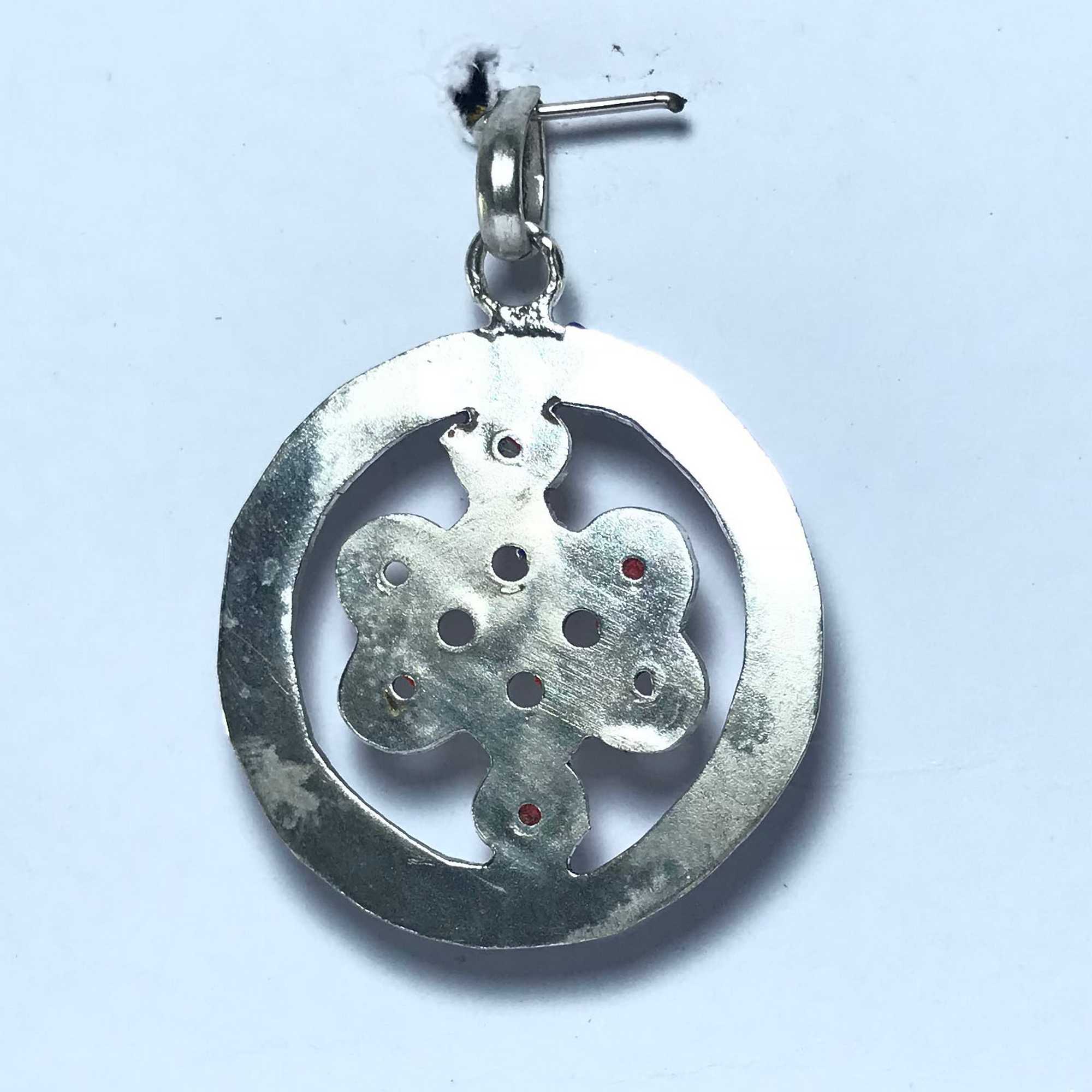
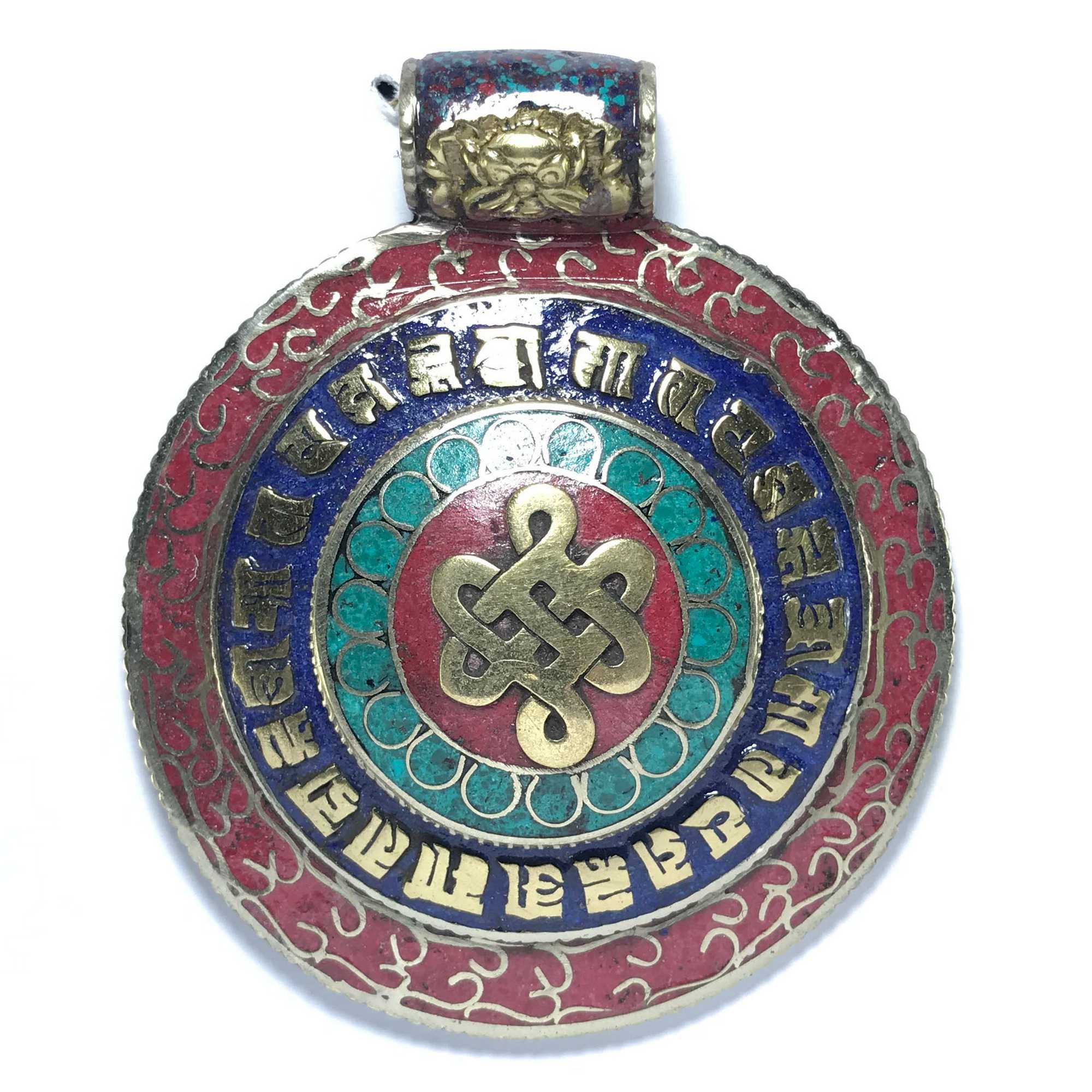 and Om Mani Padme Hum Pendant
and Om Mani Padme Hum Pendant 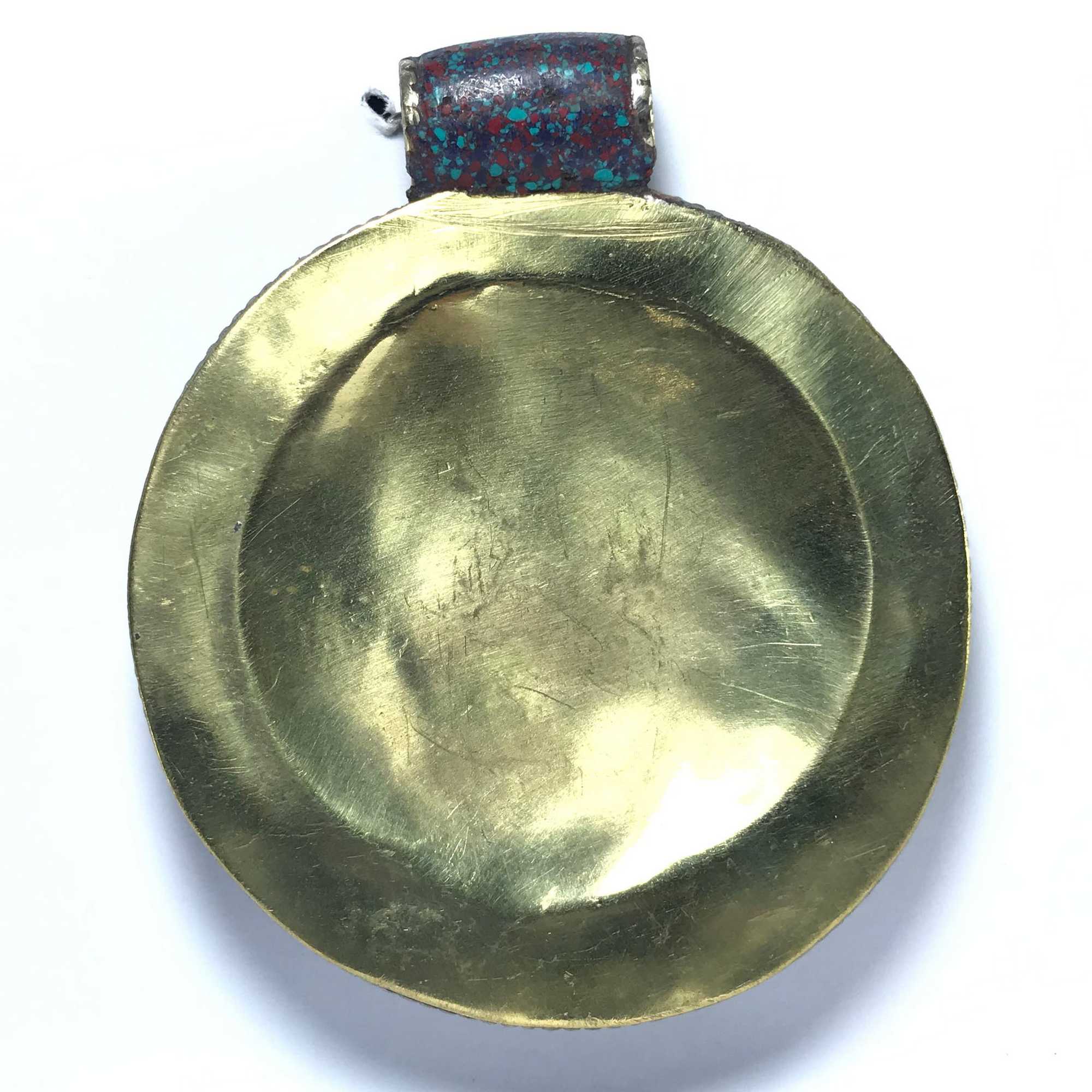 and Om Mani Padme Hum Pendant
and Om Mani Padme Hum Pendant 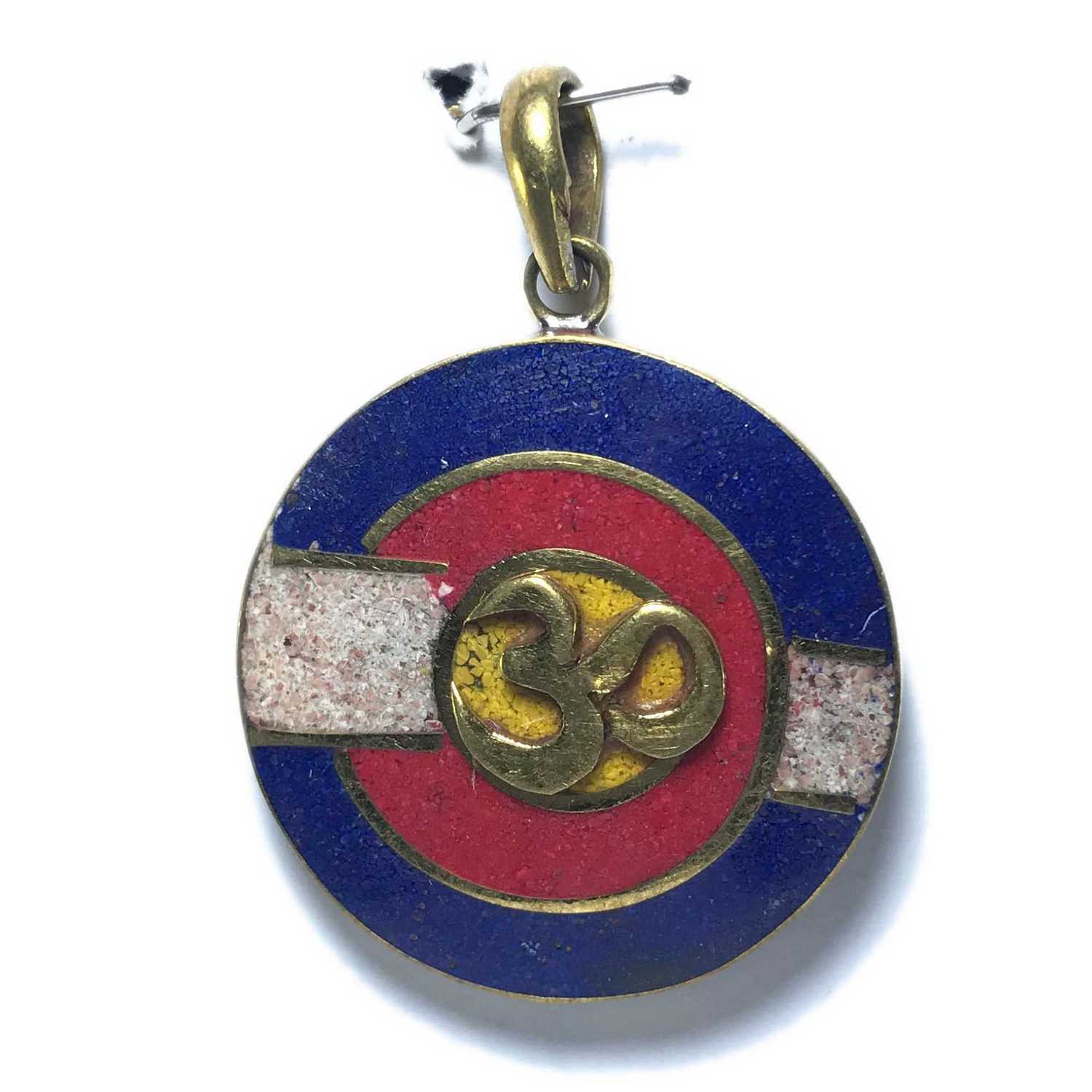
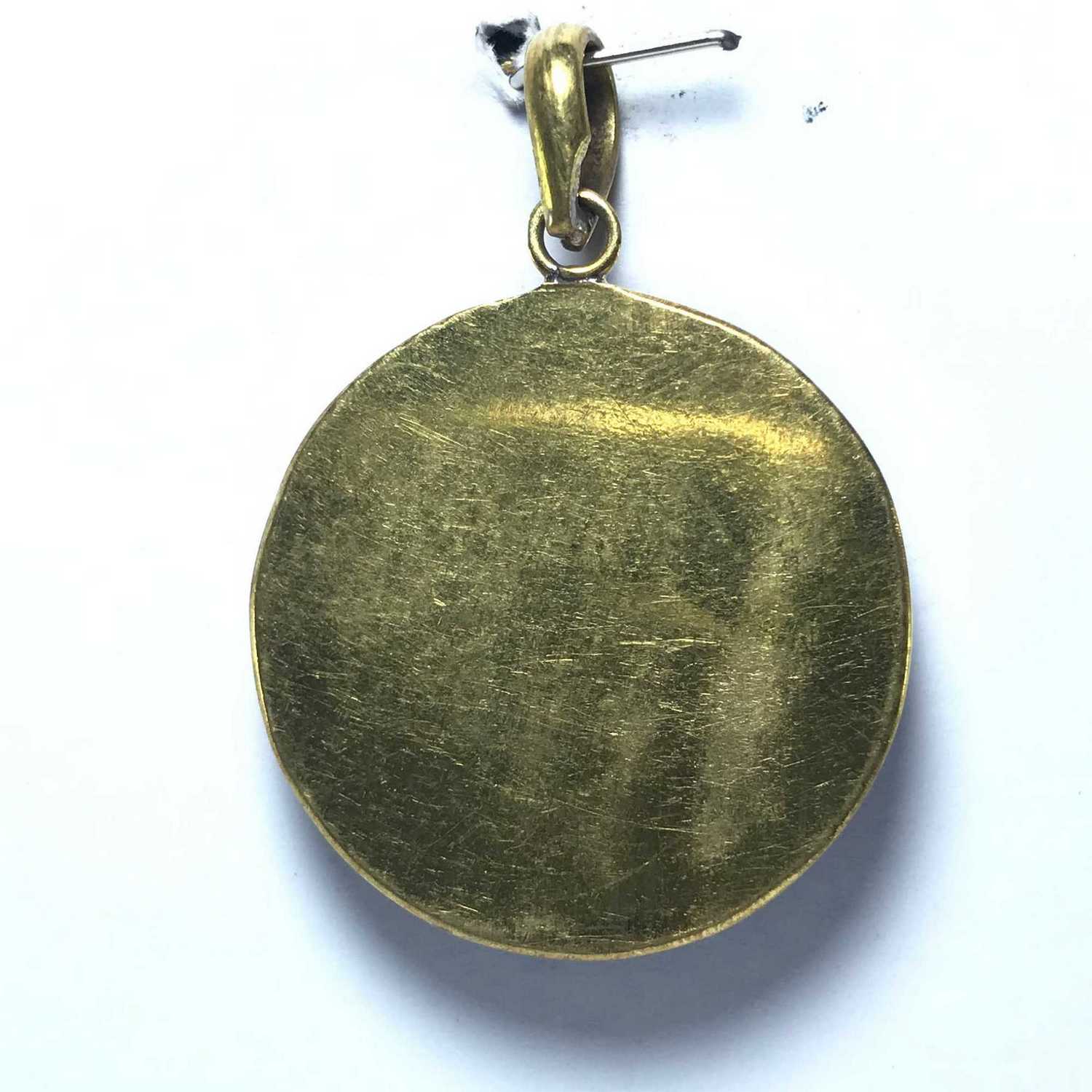
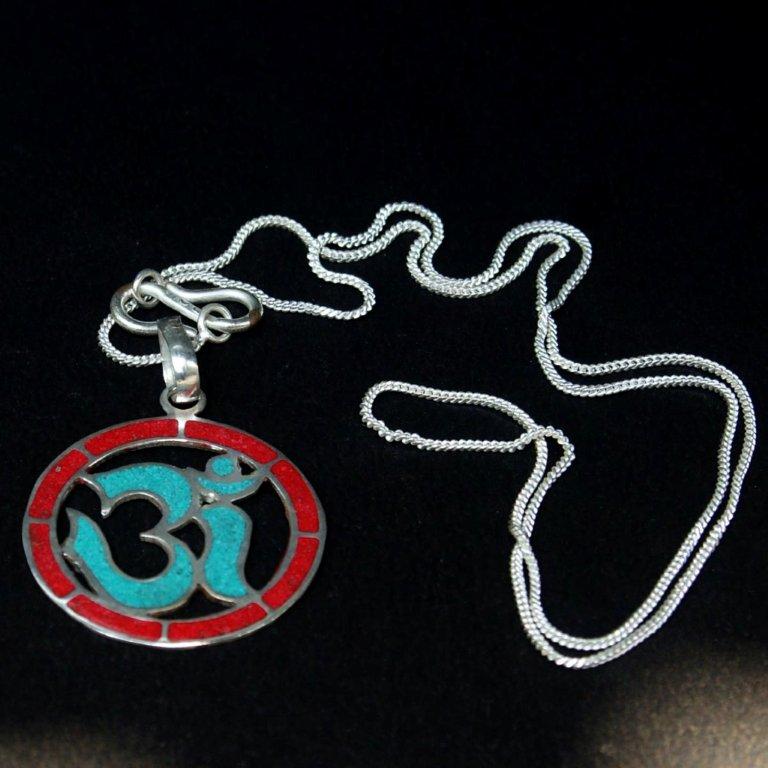 with Turquoise
with Turquoise